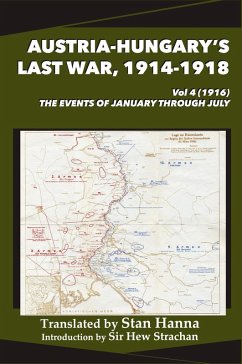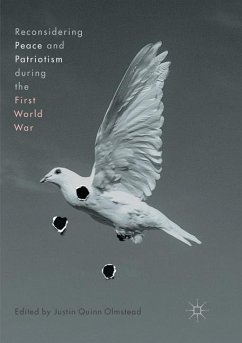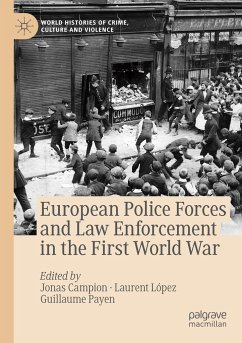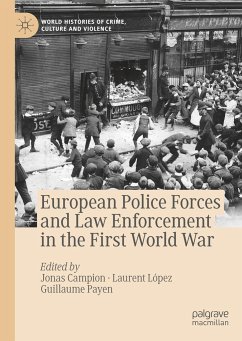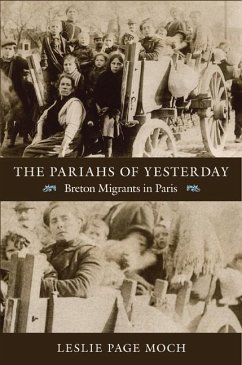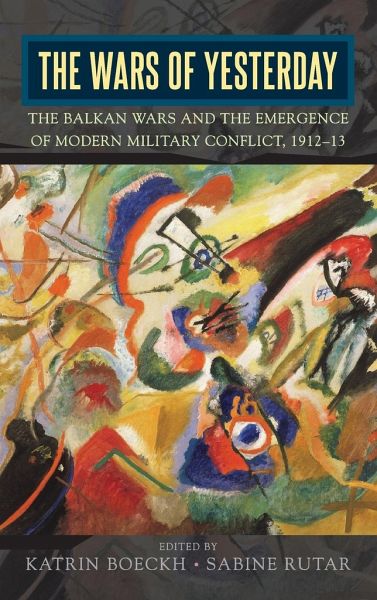
The Wars of Yesterday
The Balkan Wars and the Emergence of Modern Military Conflict, 1912-13
Herausgeber: Boeckh, Katrin; Rutar, Sabine
Versandkostenfrei!
Versandfertig in 1-2 Wochen
132,99 €
inkl. MwSt.

PAYBACK Punkte
66 °P sammeln!
Though persistently overshadowed by the Great War in historical memory, the two Balkan conflicts of 1912-1913 were among the most consequential of the early twentieth century. By pitting the states of Greece, Bulgaria, Serbia, and Montenegro against a diminished Ottoman Empire-and subsequently against one another-they anticipated many of the horrors of twentieth-century warfare even as they produced the tense regional politics that helped spark World War I. Bringing together an international group of scholars, this volume applies the social and cultural insights of the "new military history" t...
Though persistently overshadowed by the Great War in historical memory, the two Balkan conflicts of 1912-1913 were among the most consequential of the early twentieth century. By pitting the states of Greece, Bulgaria, Serbia, and Montenegro against a diminished Ottoman Empire-and subsequently against one another-they anticipated many of the horrors of twentieth-century warfare even as they produced the tense regional politics that helped spark World War I. Bringing together an international group of scholars, this volume applies the social and cultural insights of the "new military history" to revisit this critical episode with a central focus on the experiences of both combatants and civilians during wartime.




